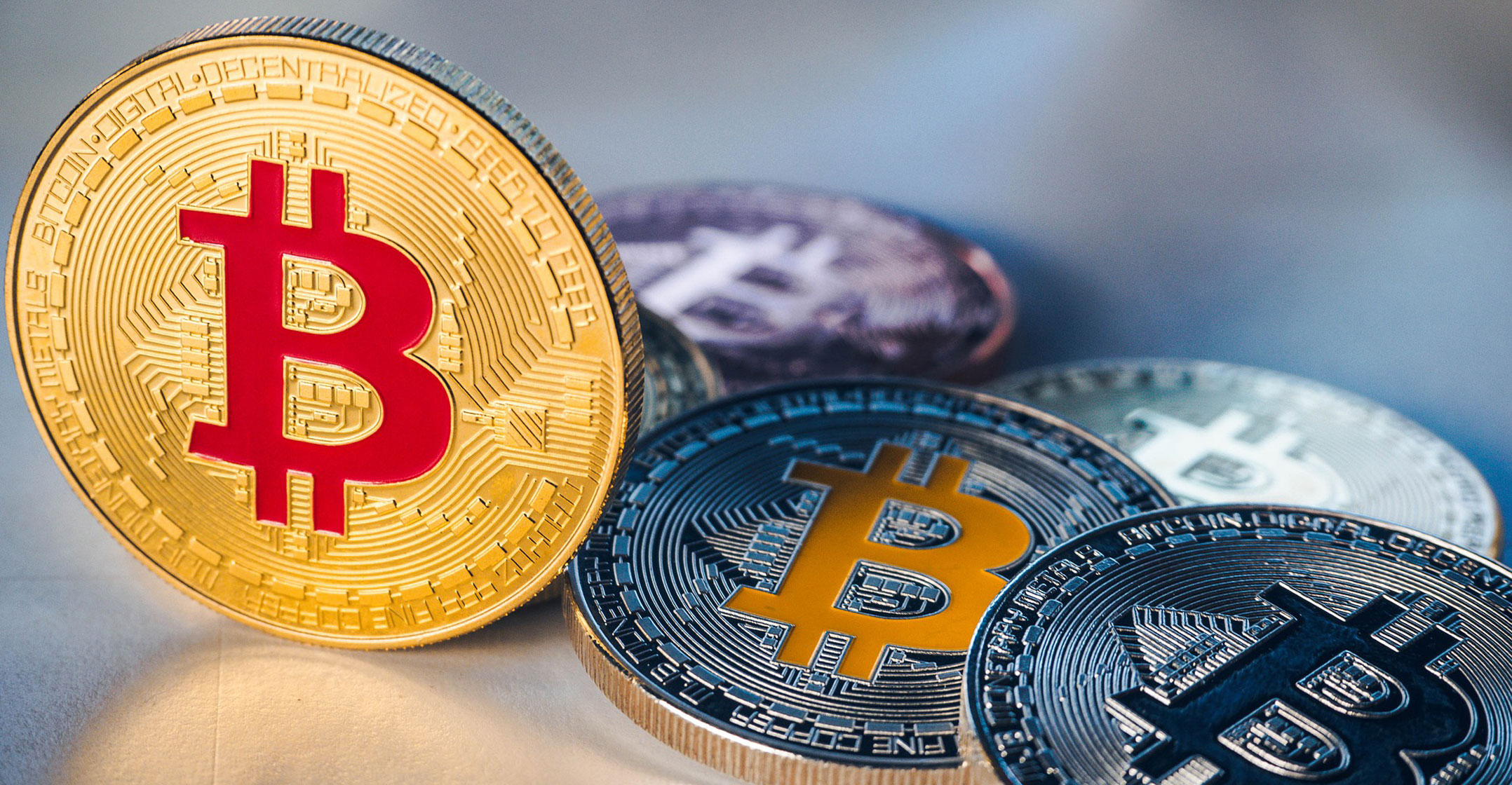
Ever since bitcoin was launched as the world’s first cryptocurrency, its proponents have made big claims about its power to upend financial systems and change the very nature of money. But a simpler question has remained maddeningly unresolved: Can it work in the real world, for the mundane matters of buying and selling things and transferring money? El Salvador’s announcement that it will consider bitcoin legal tender may give an answer.
1. What did El Salvador do?
El Salvador’s 39-year-old president, Nayib Bukele, got congress to greenlight his plan to make the country the first to use bitcoin as legal tender. According to the bill, Salvadorans can now pay taxes in bitcoin, and “economic agents” will be obliged to accept the cryptocurrency as payment for goods and services. The US dollar will continue to circulate alongside bitcoin as the national currency in the Central American nation.
2. How would bitcoin work as legal tender?
There’s a lot that’s unclear. In theory, bitcoin will create a parallel payments channel alongside the US dollar. Prices may be quoted in the cryptocurrency, and exchanges using it will be exempt from capital gains tax. The bill passed by congress calls for the creation of a fund that will be used to guarantee the convertibility of bitcoin into dollars.
3. What’s the thinking behind this?
Remittances account for roughly 20% of the nation’s GDP, and mostly come from Salvadorans working in the US. Bukele says that a large chunk of this gets lost in transfer fees, which bitcoin can help to reduce. El Salvador is a so-called dollarised economy, which means that the fiscal and monetary decisions of the US government and Federal Reserve have a tremendous impact. Adopting bitcoin could give the nation more independence.
4. How else could it help?
Bukele said that El Salvador could become a hub for bitcoin mining, the process of verifying transactions in exchange for new coins. Bukele said in one tweet that if only 1% of outstanding value of bitcoin ended up in El Salvador, then it would boost the nation’s GDP by 25%, though he hasn’t spelled out clearly the mechanism through which it might boost GDP.
5. Could El Salvador do that?
Bitcoin mining, which involves complex calculations and vast amounts of computing power, has come under increasing criticism for its use of electricity and the pollution that causes. Bukele tweeted: “I’ve just instructed the president of @LaGeoSV (our state-owned geothermal electric company) to put up a plan to offer facilities for #Bitcoin mining with very cheap, 100% clean, 100% renewable, 0 emissions energy from our volcanoes.” Whether that works out or not, the move is certainly in keeping with Bukele’s attempts to portray himself as a new kind of Latin American leader. He’s known, among other things, for communicating via tweets, surfing and wearing baseball caps back-to-front. In the photograph on his his Twitter profile, he has even adopted the “laser eyes” motif popular among enthusiasts of cyptocurrencies.
 6. Why is this such a novel experiment?
6. Why is this such a novel experiment?
Bitcoin is used for some transactions in some places. For instance, it’s already used informally in parts of El Salvador, namely the beach town of El Zonte, which has two bitcoin ATM machines and where more than 30 businesses already accept the cryptocurrency for payment. But its volatility — its price swings — make it unappealing for many businesses to use. Since mid-April, it’s lost nearly half of its value. Many businesses don’t want to accept payment today in a currency that will be worth less tomorrow, even if there’s a chance it could be worth more. Even in technology hubs such as Silicon Valley and Singapore, bitcoin’s use as a medium of exchange is still insignificant. On the other hand, in El Salvador the government and the central bank are actively promoting its use, which may give its adoption a boost.
7. What other risks does this involve?
Cryptocurrencies have a long history of hacks, and bitcoin can be “lost” by users who misplace the code that identifies them as the owner. Widespread adoption could also turn El Salvador into a tax haven — or a haven for money laundering. And if it does lure bitcoin “whales”, as large holders of the currency are known, into moving their coins to El Salvador, a repetition of the boom-and-bust price cycles bitcoin has regularly experienced could have disastrous consequences for the US$27-billion economy.
8. What could this mean for the bitcoin community?
In recent years, bitcoin has drawn increasing interest from mainstream financial firms who see cryptocurrency as a potentially lucrative new field. But a basic question has remained unresolved: Is bitcoin primarily a tool for conducting financial transactions, like the dollar and other traditional currencies? Or is it something worth buying because it’s a store of value that, like gold, is less directly tied to economic cycles than many other assets? What happens in this country of six million will be closely watched for clues to the answer to that question.
9. Are any other countries doing this?
Not really. Many central banks in the region have already developed their own digital currencies, but these are far removed from cyptocurrencies such as bitcoin, whose owners value their independence from governments. The Bahamas Sand Dollar, for example, is simply an offshoot of the Bahamian dollar and trades one-to-one with it.
10. What might be prompting El Salvador to try this?
Its economy last year suffered its deepest crash in four decades while the fiscal deficit widened to more than 10% of GDP as tight lockdowns to contain Covid-19 hurt business. That’s left the government looking around for new sources of funding. The finance ministry is in talks with the International Monetary Fund for a $1.3-billion extended fund facility to help meet financing needs this year, but talks have stalled. The country remains dangerous. Bukele has credited his government’s security policies for bringing down killings, but the murder rate remains elevated at four times that of the US. And relations between Bukele and the US government have been strained by his mistreatment of prisoners and his party’s dismissal of constitutional court justices and a corruption-fighting attorney-general. — Reported by Michael McDonald and Matthew Bristow, (c) 2021 Bloomberg LP

